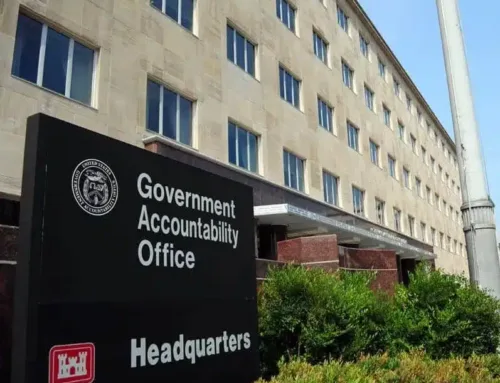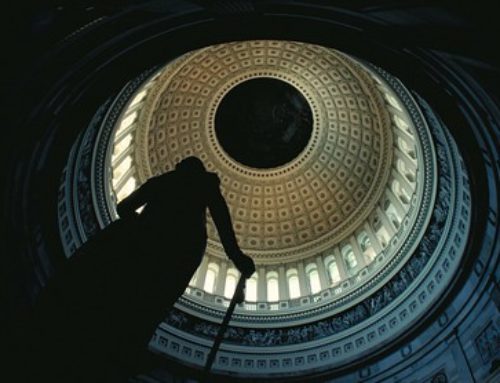In his budget released this week, the President proposes massive new spending for defense and homeland security, financed by budget cuts that are so controversial that, if Congress has its way, will never see the light of day. The President's budget sets the stage for a massive battle in Congress over federal spending priorities that could have long-lasting implications for the country and our economy.
The contours of the President's new spending plan include a 12 percent increase for the military, and a doubling of spending on homeland defense. To pay for all that new spending, the plan holds most domestic programs to a 2 percent spending increase, which is less than the rate of inflation. The President proposes to use $1.5 trillion of Social Security surpluses and $550 billion of Medicare surpluses over the next ten years to help fund all this new spending.
The most likely outcome of this year's budget debate is that the President's new defense and homeland security spending will be approved. Then, Congress will tack on all the money it wants for domestic programs and pork barrel local projects. If that is indeed the outcome, spending and the deficit will skyrocket.
To his credit, the President has made some tough choices. For example, the President's budget contains common sense cuts in federal spending on programs such as highways, Army Corps of Engineers and congressional earmarks. However, this week, in an example of how election-year politics drive Congressional spending, a massive bipartisan effort has already begun to restore the $9 billion in funding for roads that the President proposed to cut.
The President deserves thanks from taxpayers for taking the budget knife to about forty federal programs. However, unless he fights for his recommended cuts, this Bush budget may go down in history as a drive-by budget. It will blow a big hole in spending that will be very expensive for future generations as deficits sharply rise.
President Bush's budget is much like the budgets of the early 1980s. At that time, Congress refused to swallow any of President Reagan's prescribed budget deficit reduction medicine while increasing spending. As a result the federal debt grew from less than a trillion to over four trillion dollars. It took ten years to reverse and eliminate the fiscal irresponsibility of the 1980s. Now Congress and the President seem ready to repeat the same mistakes.
Before the end of this decade, the first of the baby boomers generation will retire and begin collecting Social Security and Medicare benefits. Over the next twenty-five years the majority of the boomers will have retired, at which time providing retirement benefits will burden the economy and the federal budget enormously. By breaking the promise he made last year not to touch Social Security and Medicare, the President has sent the signal to Congress that, in an election-year, it is okay to abandon fiscal discipline.
President Bush and Congress should work together to further reduce wasteful spending by carefully scrutinizing new spending on the military and homeland security. They should also consider scaling back a portion of the tax cuts passed in 2001, and reducing spending on other wasteful programs and activities.
As the budget battle lines form, it remains critically important that we scrutinize every spending proposal. The task is to trim wasteful spending and prepare for the future. We owe that to future generations and to ourselves.







Get Social